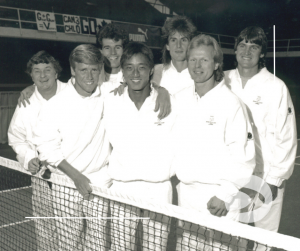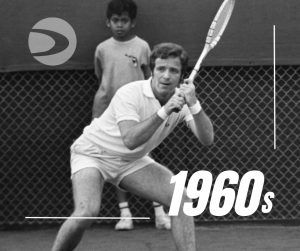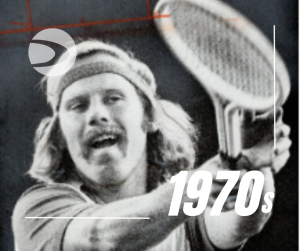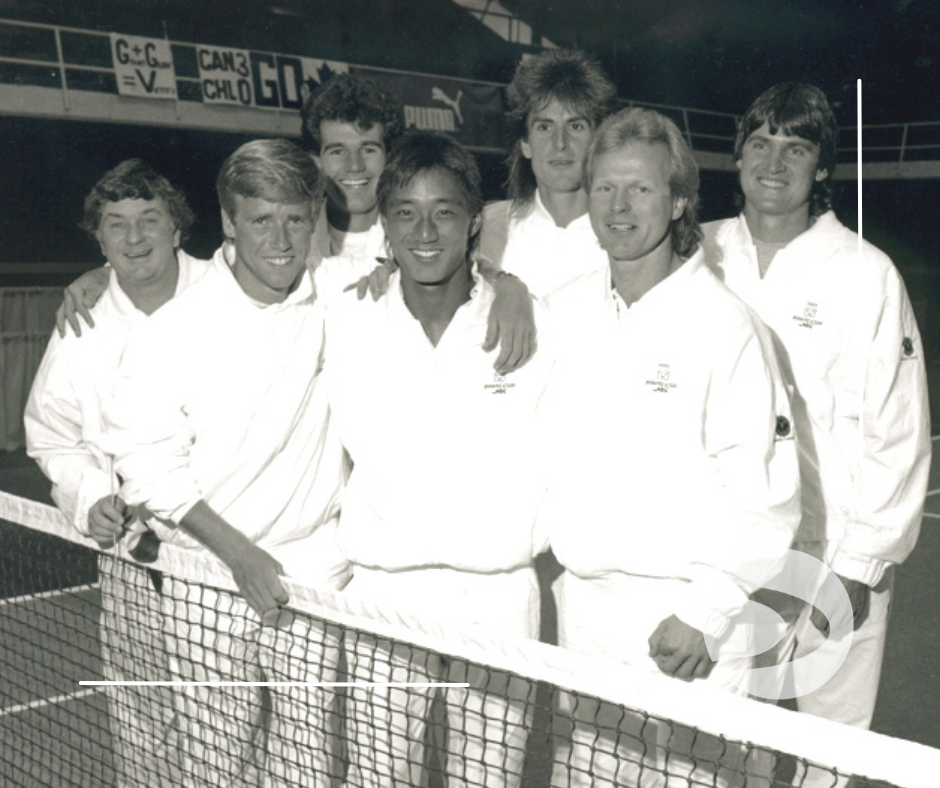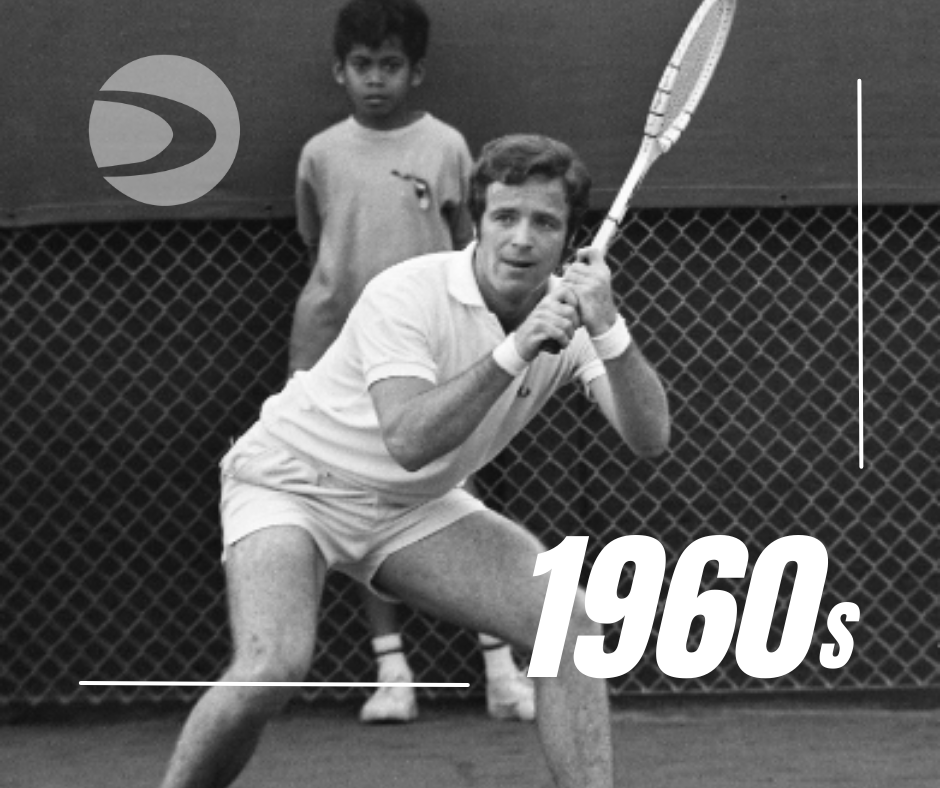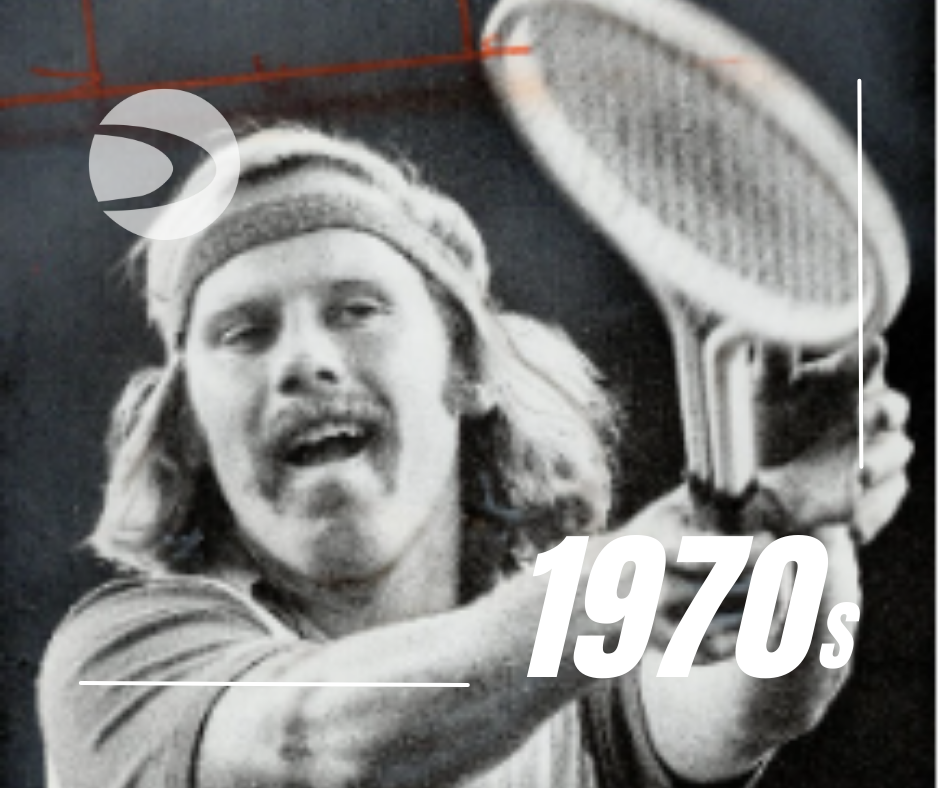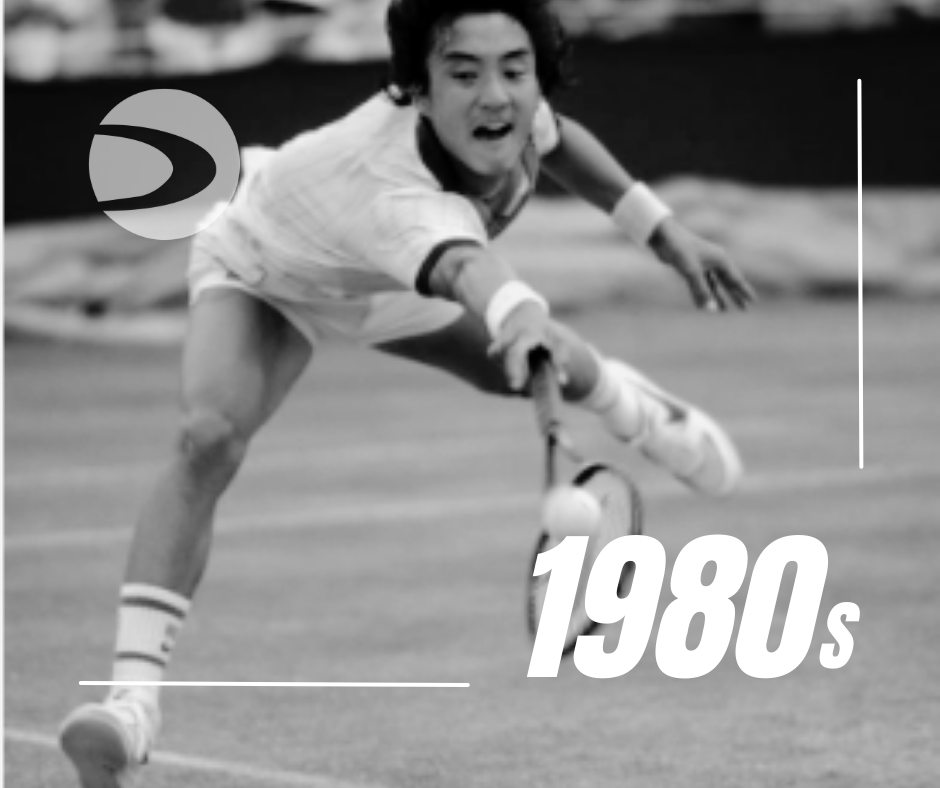
March 23, 2022
A Look at Canada’s Davis Cup History
The road to the top Our Canadian tennis family’s dream of a lifetime has become a reality. Canada’s Davis Cup win is unbelievable for many of us who have lived hoping for the realization of us being Champion of the World.
The Davis Cup competition was first played in 1900 when the USA played Great Britain at the Longwood Cricket Club in Boston, with the USA winning 3-0. From 1900 through 1926, the Cup was won by only three nations, Australasia, the British Isles and the USA. France and their team, known as the Four Musketeers, went on a six-year winning run. Then we had to compete under a system that minimized Canada’s opportunity to qualify for the finals [The Challenge round] by having them in a qualifying group with the then-tennis powers of Australia and the US. From 1937 to 1973, Australia won the Cup 18 times and the US on 14 occasions till the concept of the Challenge round was abolished.
Then came the creation of the 16-nation World Group in 1981. The remaining countries split into regional Zone Groups. Again, this put Canada in a difficult position as the road to the World Group always had a stop in South America, where the ties occurred on slow red clay in full stadiums with fans who behaved aggressively as if they were at a football [soccer] match. Canada’s record on clay was 2-12 with Mexico, 1-4 with Columbia, 0-4 with Chile, 0-3 with Brazil, 0-2 with Argentina and 1-3 with Ecuador. Canada’s 4 wins and 28 loss in the zonal qualifying was matched by its 18-47 record overall on clay. This was simply a reflection of our lack of red clay for the development of our fast court players. The exception to this was Robert Bedard, Mike Belkin and Martin Wostenholme, who were exceptional clay court players but did not have the required team members [on clay] to provide our team with the opportunity to reach the later stages of the competition.
In 1990 after a 4-1 win against Brazil in Vancouver, Wostenholme beat the great Victor Pecci, French Open finalist, in his backyard, in the first match, on red clay in Asuncion, Paraguay. The win in Paraguay set up Canada to play the Netherlands in Canada for a chance to achieve World Cup status for the first time in 1991. On a cold late September weekend, Grant Connell carried the team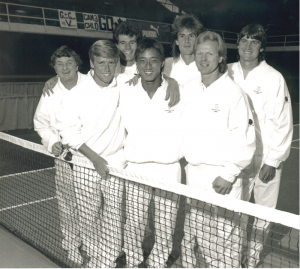 by winning three matches [in doubles with Glenn Michibata], including the deciding fifth match. This propelled Canada to the World Group for the first time, the first step to success.
by winning three matches [in doubles with Glenn Michibata], including the deciding fifth match. This propelled Canada to the World Group for the first time, the first step to success.
Canada continued asserting itself as a World Group nation in 1992. Then under the leadership of Captain Marty Laurendeau, Canada re-entered the World Group in 2012 and reached the semi finals where it has remained under the leadership of another great Captain, Frank Dancevic. Canada reached the finals of the Davis Cup in 2019 after wins over Slovakia, Italy, the USA, Australia and Russia, only to be defeated in Madrid, Spain, by a great Spanish team led by Rafa Nadal. The 2022 season was a difficult one, with Canada barely qualifying for the world group only as a result of Russia’s disqualification due to the war in Ukraine. Canada never looked back, took the opportunity and beat Germany, Italy and Australia to claim the Cup. 155 nations entered the competition, the world’s largest international team competition. We are champions of the world, the 16th nation to win the title, unbelievable.
Enjoy, please join and recruit your friends, as ONcourt is dedicated to recognizing the sport’s past, present, and future in our country. The ezine is privately funded and can only grow through the cooperation of all.
Please help to grow our following by sending family and friends this link: SUBSCRIBE TO ONCOURT
ONcourt is now on Twitter! Follow Us.
Comment: As an objective publication, we would like to be as transparent as possible. For this reason, we gladly welcome any comments and critiques you may have as a reader. Letters to the editor are also highly encouraged and will be considered for publication on our website. We also invite you to subscribe to updates, where you will receive a monthly summary of each edition.
*We do not advocate for any specific political ideology, but we have set standards regarding the posting of harmful and denigrating pieces related to minority groups. We see our platform as a sacred space of voices, and thus, we view it as our responsibility to highlight the diversity in the sport and use our platform as a space of learning. That is why we exist. However, freedom of speech does not mean the freedom of hate speech.


